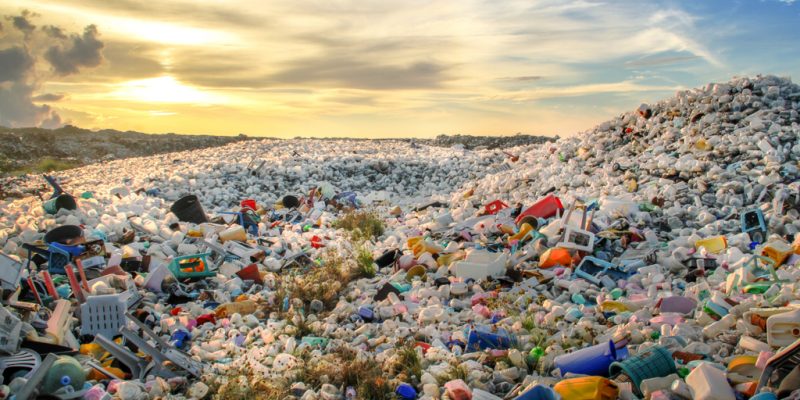DITCh Plastic Network has just launched a project to combat plastic waste pollution in Africa. The objective of the initiative carried by this network of professionals is to promote the circular plastic economy in Africa.
A new initiative has recently been launched to combat plastic waste pollution in Africa. DITCh Plastic was launched a few days ago by DITCh Plastic Network, a network of professionals promoting digital innovation for the circular economy. In Africa, DITCh Plastic’s goal is to “characterise, cluster, synergise and optimise digital innovations that would support and accelerate the transition to a circular plastic economy “.
To succeed in this challenge, DITCh Plastic Network intends to rely on its network and infrastructure to act at the community level. In concrete terms, this means its digital tools that will bring together existing websites, applications and innovative processes that have been designed specifically for the reduction, recycling and reuse of plastics in different environments. This type of platform has multiplied in recent years in Africa.
One example is “Jumeni“, a mobile application launched by Jumeni Technologies, a start-up based in Accra, Ghana. The idea of the start-up is to facilitate waste collection in the field. Once on the street, the user of the platform can communicate quickly with the base to receive information on his waste collection route, for example. For households, the application makes it easier to pay for the waste collection company’s services using a bank card or “mobile banking”, an online banking service accessible to all mobile phone users in Ghana.
Collaboration between several African and European universities
The implementation of the DITCh Plastic project is supervised by De Montfort University in the United Kingdom. It intends to rely on the main African technology centres, notably the Lagos co-creation centre in Nigeria, the iHub in Nairobi, Kenya and the BongoHive centre in Lusaka, Zambia.
On this project, De Montfort University will also work with other higher education institutions in the United Kingdom; the Universities of Warwick, Birmingham and Aston. They will collaborate with the University of Lagos in Nigeria, the Collaborative Research Centre in Kigali, Rwanda and the University of Namibia. De Montfort University will also involve organisations such as Chatham House and Plastic Oceans.
Funding for the initiative
“It is an exciting time for the University of Namibia and Namibia as a whole to participate in this international project to develop innovative ways to combat the threat of plastic waste in our environment. This project comes at an opportune time to contribute to the country’s efforts,” says Dr Selma Lendelvo, Senior Researcher and Head of the Division of Life Sciences at the University of Namibia’s Multidisciplinary Research Centre.
The DITCh Plastic project is funded by the Global Challenges Research Fund (GCRF), a £1.5 billion ($1.8 billion) fund launched by the UK government to boost research. The UK Research and Innovation (UKRI) is also supporting the DITCh Plastic Network initiative.
Jean Marie Takouleu






